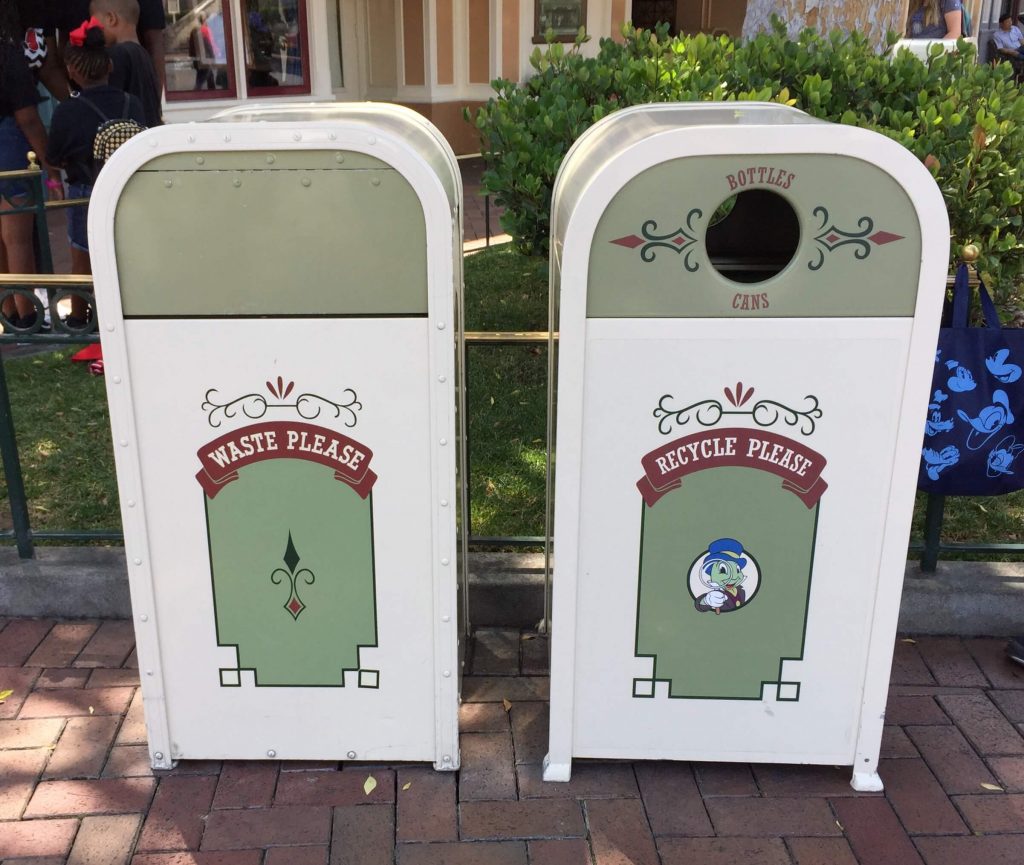
There are a lot of misconceptions about recycling. Some of the confusion comes because there isn’t a national standard for recycling so, depending on where you live, your recycling is collected and processed differently. However, there are some truths about recycling that are universal.
Here are 5 crazy recycling myths and the truth behind them:
MYTH: One person can’t make much of a difference when it comes to recycling.
The truth is that even one person can make a big difference when they participate in recycling. For example, according to A Recycling Revolution, the “average American uses seven trees a year in paper, wood, and other products made from trees.” That means by avoiding excess packaging and using products with recycled content, you alone are saving up to seven trees every year. And if “every American recycled just one-tenth of their newspapers,” which is probably the easiest thing to recycle, “we would save about 25 million trees a year.”

MYTH: If you put a plastic item in your curbside recycling bin, it will be recycled.
The truth is that some plastics are not able to be recycled. These plastics must be separated out of the recyclables and will be sent to a landfill.
In fact, according to the Ecology Center in Berkeley, California, “most recovered plastic packaging is not made into packaging again but into new secondary products such as textiles, parking lot bumpers, or plastic lumber – all unrecyclable products. This does not reduce the use of virgin materials in plastic packaging.”
MYTH: Using plastic containers conserves energy because they are lighter than glass containers.
The truth is when you factor in the energy used to produce the plastic resin, according to the Ecology Center, making plastic containers uses “as much energy as making glass containers from virgin materials, and much more than making glass containers from recycled materials. Using refillables is most energy conservative.”
MYTH: It takes a long time for a material to go from being recycled and then processed into a new product.
The truth is that all materials have a different process they go through to be recycled and the turnaround times vary from material to material. For example, an aluminum can that is recycled can be back on a grocery store shelf as a new can in as little as 60 days, according to A Recycling Revolution. That a pretty quick turnaround.
Myth: If something is biodegradable, you don’t have to recycle it.
The truth is that, according to an article here at Recycle Nation, in order to decompose, “biodegradable items need to be exposed to oxygen, but this is difficult when they are thrown into a huge landfill. Instead of decomposing in landfills, biodegradable items will break down into methane, which is then released as a hazardous greenhouse gas. You may think you’re disposing of biodegradable items appropriately, but the truth is, you’re contributing to the increase of greenhouse gases if you don’t recycle or compost biodegradables.”
To read more recycling myths, check out The Truth Behind These Common Recycling Myths at https://recyclenation.com/2016/11/truth-behind-these-common-recycling-myths/.